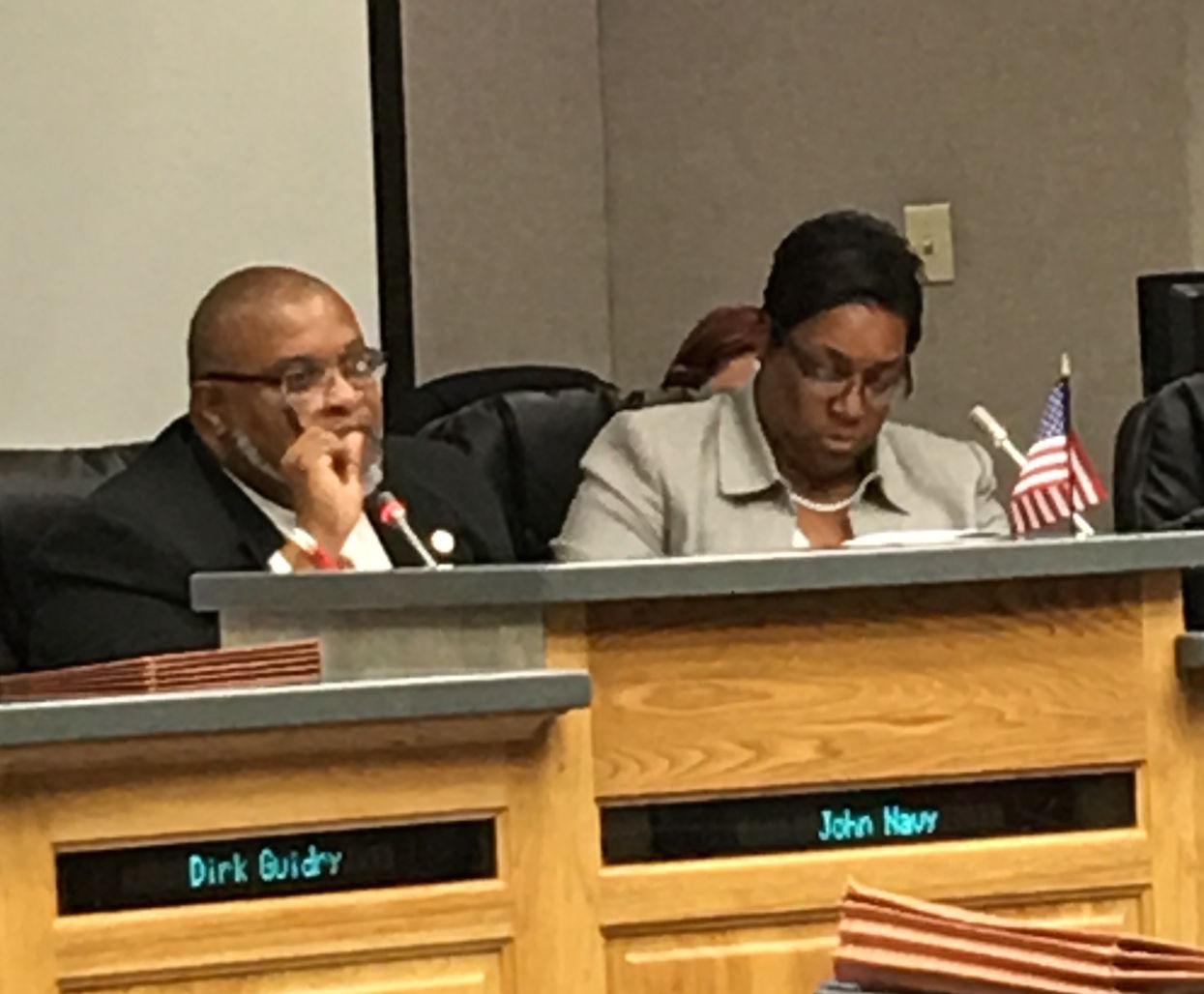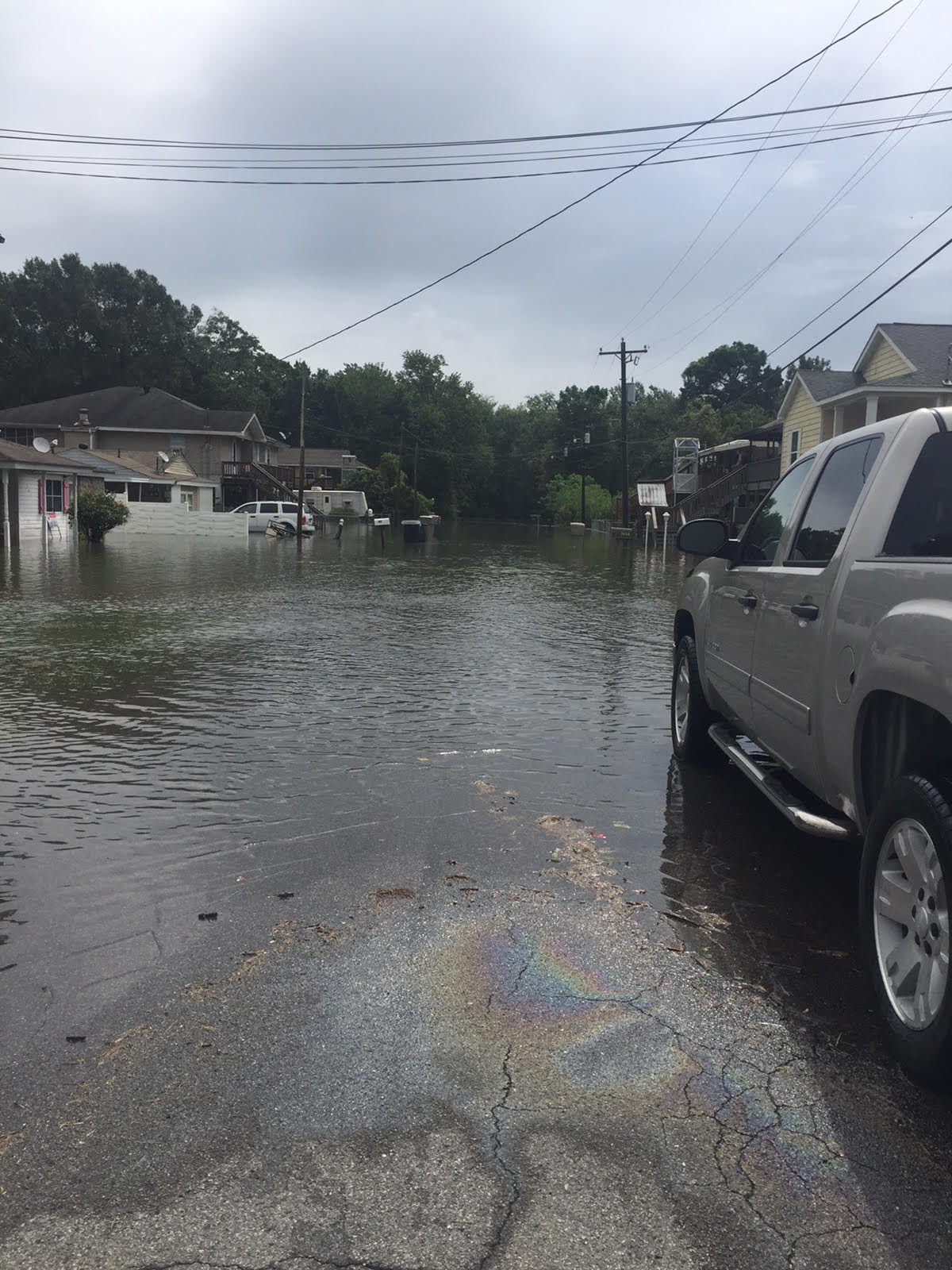
Recreation District 11 to remain … for now
August 30, 2017
Local flooded families received shelter
August 30, 2017Today’s issue of The Times includes coverage of a simple problem whose solutions appear complex.
Only in Louisiana can a private company or individual lay private claim to a waterway that cannot be fenced, gated or otherwise enclosed, and if that wasn’t bad enough, be under no requirement to post these waters so that anyone happening into them can be charged with trespassing, during and even after the fact.
In a practical sense this means that you can get in your boat, spend quiet time trying to hook some fish, and then be told by a gun-toting private sentry you have to leave. The guy with the gun is most likely doing this so that he can himself have the right to be on the water you are being excluded from, as payment for being its guardian.
Neither the practice nor the various developments of law upon which it is based should be tolerable in a state that calls itself the “Sportsman’s Paradise.” It has gotten so bad that B.A.S.S. is barring its tournament participants in border states from catching in Louisiana waters.
We understand that there may be circumstances where waterways can indeed be privately claimed. Some canals fall into this category. They are not the immediate issue here, since in many cases they can be blocked.
Wide swaths of water, however, where boaters can innocently transgress because logic would state they are free and open, are another story.
When the state itself becomes a party, through legislation, to privatization of its own land, the bottoms beneath lakes and bayous that naturally occur, or that have developed naturally over time, a line must be drawn.
In the U.S. generally, navigable waterways are defined as those which provide a channel for commerce and transportation of people and goods.
The U.S. Supreme Court has held that the Commerce Clause, Article 1, Section 8, gives the federal government authority to regulate interstate commerce. Federal law must take precedence over state law in such matters. This view governs when and how the Jones Act comes into play when maritime claims are made by workers. The high court held in 1979 that four tests determine when waters are navigable and when they are not. Is the body of water subject to the ebb and flow of the tide? Does it connect with a continuous interstate waterway? Does it have navigable capacity? Is it indeed navigable?
In many of the cases sportsmen complain of, all four of those questions can be answered in the affirmative.
But a loophole in one Supreme Court decision and issues raised in several other cases by lower courts allowed legislators to engineer vast exceptions and exemptions, to a point where legislators themselves can’t tell what the law actually says.
For a variety of reasons private concerns may well require title to the bottom of a river or a bayou, and there are mechanisms for easements that can allow this, particularly in the case of places where there are minerals at stake.
But the concept of “if you can float it you can boat it” is a practical approach, which bears examination in these situations. Even if getting there is difficult, the solution will be worth the energy expended for the ride.
The problem could be corrected, perhaps, through costly lawsuits. But many of the people suffering from this problem can’t afford the legal fees required to take the question from a trial court where they might receive conviction for a trespassing offense into an appeals court, and possibly another one after that. Most people cannot afford the sting of such a conviction on their records either, because of jobs or family considerations.
We support private property rights. But we believe that water is a public resource, and that public access to water from water is a public right, in most cases.
We urge local legislators to help forge dialogue between landowners and boaters. Perhaps a commission can be created and hearings scheduled in localities as solutions through legislation are developed. We are told landowners don’t want to come to the table because they feel they don’t have to. Our response to that is simple. If you aren’t part of the solution then don’t complain when it is born without your input.






